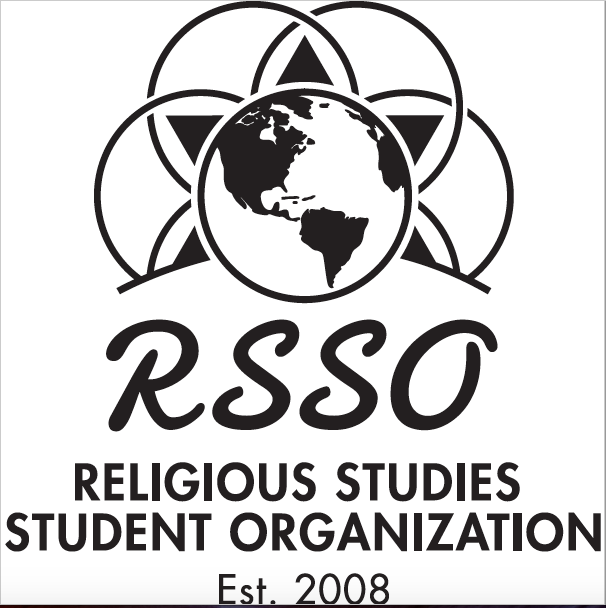Location
Dining Room
Start Date
14-4-2018 9:45 AM
End Date
19-4-2018 10:44 AM
Abstract
This paper presents two distinct modes of the “leap of faith” through the philosophies of Christian existentialist Soren Kierkegaard and secular existentialist Friedrich Nietzsche. These two opposing philosophies I then set as postmarks for a societal spectrum of faith. The essay presupposes the epistemic reality of objective uncertainty regarding meaning, while accepting the human imperative for existential self-satisfaction—the belief that one’s life is meaningful and authentic. I first present the opposing ontologies and methodologies for self-satisfaction through my research of the corresponding literature of both philosophers. I then illustrate how these two modes of the leap of faith are capable of guiding an individual to a sense of self-satisfaction. My illustration of a Kierkegaardian leap of faith is done by incorporating my research into William Paley’s teleological argument through his metaphor of the “Watchmaker”. My illustration of a Nietzschean leap of faith is done through incorporating my research into my metaphor of a “Life-artist”. Then, based on the self-satisfying components of each leap of faith I demonstrate why for the innovators of society it is existentially healthier to take a Nietzschean leap of faith, and for the non-innovators of society it is existentially healthier to take a Kierkegaardian leap of faith. In arguing why each leap of faith is potentially more beneficial than the other depending on the type of person making the leap, still couching objective uncertainty, I demonstrate the normative acceptability of a spectrum of faith. Concluding, a spectrum of faith is not only normatively acceptable but beneficial to the overall health of society.
The Spectrum of Faith: Meaning in the Fog of Uncertainty
Dining Room
This paper presents two distinct modes of the “leap of faith” through the philosophies of Christian existentialist Soren Kierkegaard and secular existentialist Friedrich Nietzsche. These two opposing philosophies I then set as postmarks for a societal spectrum of faith. The essay presupposes the epistemic reality of objective uncertainty regarding meaning, while accepting the human imperative for existential self-satisfaction—the belief that one’s life is meaningful and authentic. I first present the opposing ontologies and methodologies for self-satisfaction through my research of the corresponding literature of both philosophers. I then illustrate how these two modes of the leap of faith are capable of guiding an individual to a sense of self-satisfaction. My illustration of a Kierkegaardian leap of faith is done by incorporating my research into William Paley’s teleological argument through his metaphor of the “Watchmaker”. My illustration of a Nietzschean leap of faith is done through incorporating my research into my metaphor of a “Life-artist”. Then, based on the self-satisfying components of each leap of faith I demonstrate why for the innovators of society it is existentially healthier to take a Nietzschean leap of faith, and for the non-innovators of society it is existentially healthier to take a Kierkegaardian leap of faith. In arguing why each leap of faith is potentially more beneficial than the other depending on the type of person making the leap, still couching objective uncertainty, I demonstrate the normative acceptability of a spectrum of faith. Concluding, a spectrum of faith is not only normatively acceptable but beneficial to the overall health of society.

